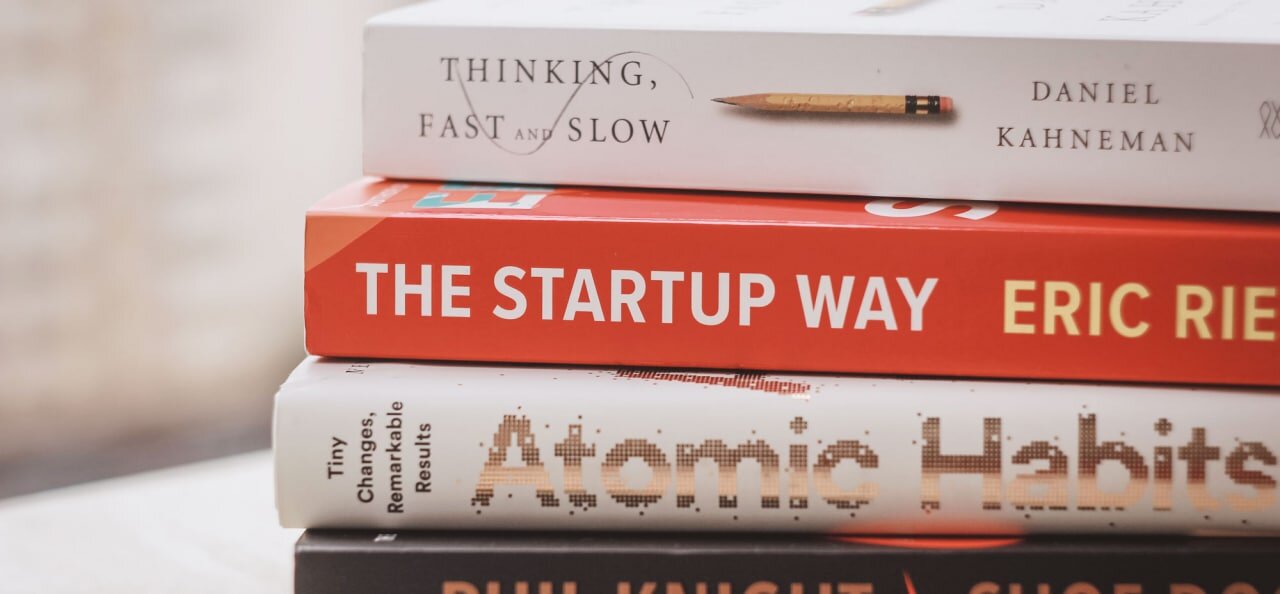
Framework
My framework for coaching centres around behaviour economics and motivational interviewing.
I start by understanding the individual’s level of wellbeing and the impact on their life.
Behavioural economics studies human behaviour, demonstrating that individuals may not always make "rational" or "optimal" decisions, despite having the necessary information and tools.
Individuals often recognise that their wellbeing is in decline, impacting various aspects of their life, such as performance in their role, yet they often lack deeper insights into the underlying reasons
Businesses then become aware when it affects the number of sick days employees take, performance, burnout or increased turnover.
I work with the counselling approach Motivational Interviewing to address this. Developed in part by clinical psychologists William R. Miller and Stephen Rollnick. It is a directive, client-centred style for eliciting behaviour change by helping clients explore and resolve ambivalence.
Once the areas of ambivalence have been identified, we then:
Establish goals
Examine the current reality
Explore their options
Understand the motivation for change
Support self-efficacy
We focus our sessions in five key areas that make up the ecosystem of an individual.
Mind. Body. Relationships. Career. Money.
Similar to plants, they all interact and have a significant impact on one another. If you choose to only water 2 out of 5 plants, your ecosystem suffers. Each serves a critical role in achieving a balanced and thriving ecosystem.
Take the example of an acorn. It’s inherent potential is to transform into an oak tree. This however, is contingent upon favourable climate and soil conditions. The outcome hinges on the nourishment available in the soil, prevailing climatic factors, sunlight, irrigation, its proximity to neighbouring plants, and other relevant factors.
Closely examining a person’s ecosystem allows a more focused, introspective, and analytical view of the areas that need attention and focus. When individuals work through these steps, their wellbeing and ability to perform improves. They restore their ecosystem to a natural equilibrium.
Ecosystems are also dynamic entities— they will be subject to periodic disturbances. Working on wellbeing will ensure the individual’s ecosystem will remain close to its equilibrium state, despite future disturbances.
The impact is widespread for the individual and business.

